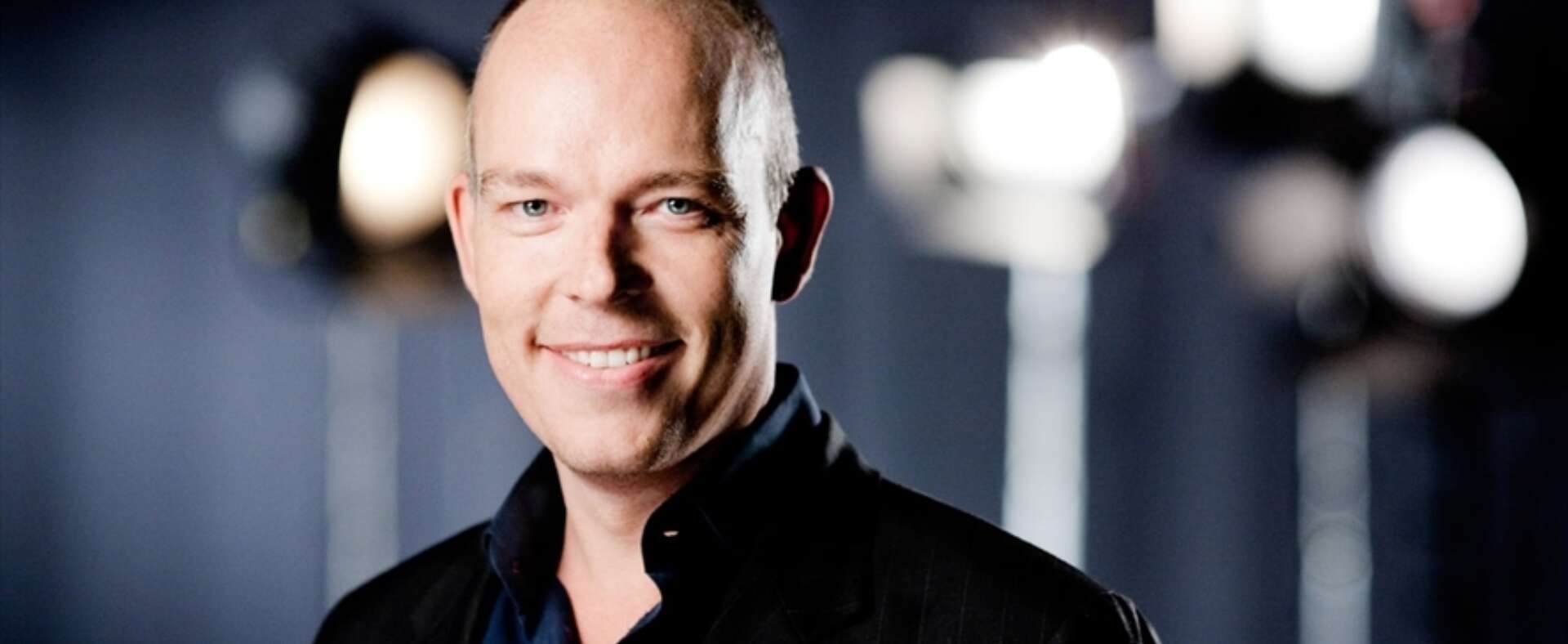
Cannes: Exclusive interview with Nordisk Film Distribution’s MD who explains his company’s strategy to ramp up their output of big Nordic films and TV dramas.
Can you outline your distribution strategy and why you have just closed output deals with two major Swedish production houses Sweetwater and B-Reel?
Kenneth Wiberg: Basically, the traditional role of the distributor has changed a lot in recent years. We want to be a Nordic creative powerhouse, a home for creators (actors, directors, writers, producers). Our ambition is to be more involved in the development and fast tracking of projects that we feel are attractive for the local and international markets. Its important for us to team up with the best production houses in the Nordics to develop and produce movies and TV-drama for a large audience.
The problem today is that there is an acute lack of big commercial Nordic films, especially from Sweden and Denmark. Through our close collaboration with cinemas, TV stations and digital platforms and through our access to consumer data, we see there is a big demand for commercial films that just aren’t there and take a long time to develop. We do have a flow of commercial films through our in-house productions and our associated production companies, but this is still not enough. This is why we’ve shifted our strategy to focus more on the creative side to facilitate development of good scripts, talent ideas and co-productions in addition to our acquisitions.
But your head of Nordic co-productions Lone Korslund has been trying for the last eight years to focus on what she’s called Nordic blockbusters. What will be different now?
KW: After the Millennium trilogy, we’ve tried to look for projects that could cross borders, but it’s not been easy. Today our focus is on successful local films that do not necessarily cross border in the Nordics, but do travel internationally. The good Nordic stories also work abroad and TrustNordisk plays a key role in bringing those films to the world. We have many big budget films that look very promising internationally such as Out Stealing Horses, The Quake, Congo, Sonja from Norway and Swoon from Sweden.
Lone Korslund is spearheading our new development initiatives and is responsible for our nordic co-production strategy and creative partnerships. As such, she heads a team of co-production/legal specialists and book scouts to invest earlier in projects. We also have direct relationships with directors and scriptwriters, doing even blind deals.
The key problem remains having access to star names and talent who work in Hollywood and increasingly on TV drama…
KW: Most big directors and top talent who work in Hollywood are also interested in keeping a strong Scandinavian link and base. If you’re able to provide them with money, positive energy and great working conditions, all conditions are reunited to create solid collaborations.
Being part of Egmont and its publishing houses such as Cappelen Damm and Lindhardt & Ringhof also gives you direct access to IP…
KW: Yes and we’ll just be even more pro-active on securing rights and giving talent the opportunities to work with us. We are Nordic and Nordic content remains our priority.
What is the ideal number of films that you’d like in your line up?
KW: We acquire and co-produce around 35 Nordic movies a year including our own productions. On top of that we acquire 25 US movies from our partners Lionsgate, Steven Spielberg’s Amblin Entertainment, Participant Media.
This excellent relationship with our US partners is also highly attractive for Nordic talents as this creates an obvious link and access to the US market, collaboration on Nordic projects etc.
TV drama has played a major role in establishing Scandinavian talent and the Nordic brand internationally. Will you increase your investment in that sector as well?
KW: Absolutely. We’re looking at investing more heavily in TV drama, co-producing and taking international rights. Most of our production partners are increasingly working in both film and TV drama so of course we have to be there, and a lot of the book rights and IP we own lend themselves for both narrative forms.